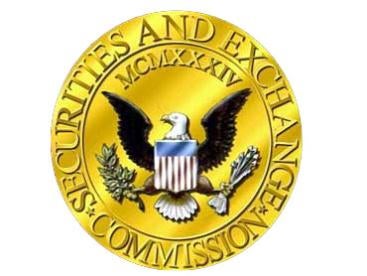Yesterday’s D.C. Circuit opinion upholding the SEC’s burdensome “pay-to-play” rule on procedural grounds is bad news for those questioning the rule’s constitutionality. Nevertheless, the rule is still far from invincible.
The SEC pay-to-play rule, among other things, effectively prohibits investment firm executives from making certain political contributions to state and local officeholders and candidates. Last year, two state political parties challenged the rule on constitutional and statutory grounds. This week’s decision affirmed the D.C. District Court’s conclusion that the parties’ filed their lawsuit in the wrong court. Under settled precedent, the court held, the plaintiffs should have filed directly in the D.C. Circuit, not in federal district court. The problem, however, is that it is too late to file directly with the D.C. Circuit. The court held that the same statute requiring the lawsuit to be filed in the D.C. Circuit also would have required that it be filed within 60 days of the rule’s 2010 promulgation, a period that has long-since run.
Does yesterday’s decision spell the end of challenges to the constitutionally-dubious SEC pay-to-play rule? Not quite. The court did not address the merits of the parties’ arguments. If SEC pay-to-play rule challengers can find a way to get the merits of their arguments before a court, they could still win. But their options for doing so are now more limited:
-
The parties in this case can seek en banc review before the full D.C. Circuit (an en banc opinion would be required to overturn the 1977 case upon which the D.C. Circuit based its decision) or ask the Supreme Court to take their case.
-
Potential challengers can try to file a lawsuit in a different court where the D.C. Circuit’s decision is not binding.
-
Potential challengers could violate the rule and challenge its constitutionality in an enforcement proceeding. (Given the serious penalties at issue, this option will be a non-starter for most.)
-
Finally, yesterday’s opinion gives challengers another option. The opinion makes clear that challengers can petition the SEC to repeal the rule and, if the SEC denies the petition, they can challenge that denial within 60 days by filing a petition for review in the D.C. Circuit. The problem with this approach is that challengers may have difficulty forcing the SEC to act on their petition for repeal.
In short, while the path became more challenging yesterday, the rule could still fall.




 />i
/>i